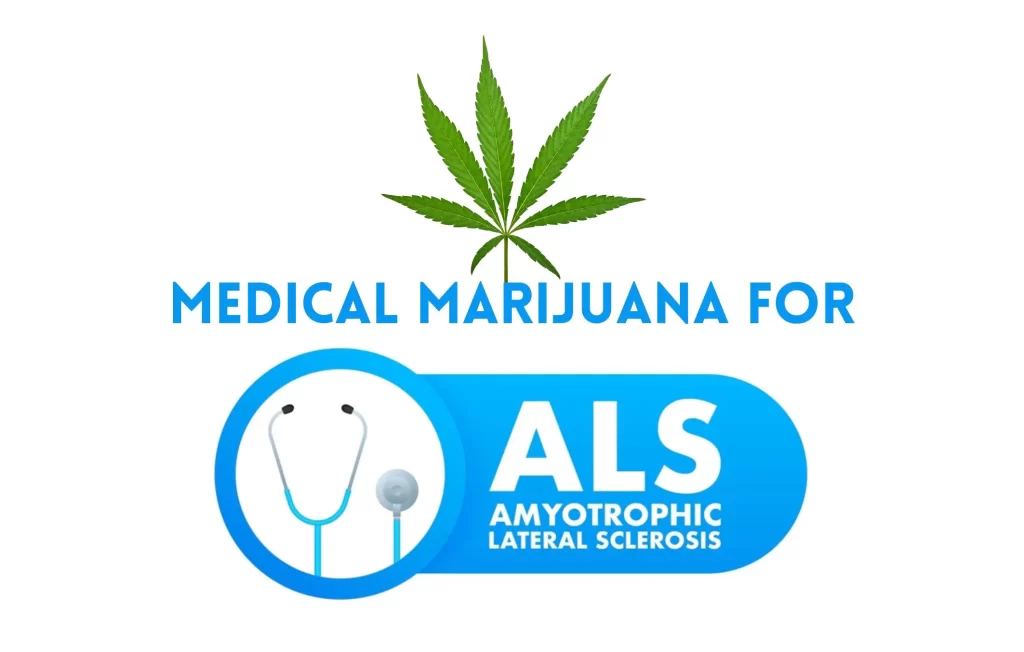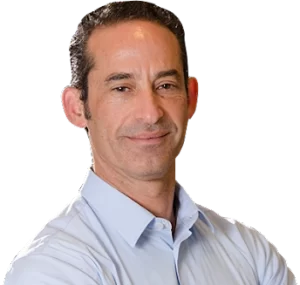Amyotrophic lateral sclerosis (ALS), AKA “Lou Gehrig’s Disease,” is a progressive neurodegenerative disorder with limited treatment options. ALS is a tragically devastating disease, with death occurring within only two to five years of diagnosis in most cases. Some people live 10 years or longer, but it isn’t expected. ALS can hit at any age and affect any race or ethnicity, but it is more common for people to get the disease when they are between the ages of 55-75. Some of us might be helping our parents battle ALS one day, so its good to be informed.
While the medical research community continues searching for ways to fight this fatal illness, current treatments can help alleviate symptoms but do not prevent progression or mortality.
To date, we have few answers about what causes ALS and how it progresses so rapidly. Hope remains that someday soon, an effective remedy may be found. Some researchers think that cannabis can be that remedy.
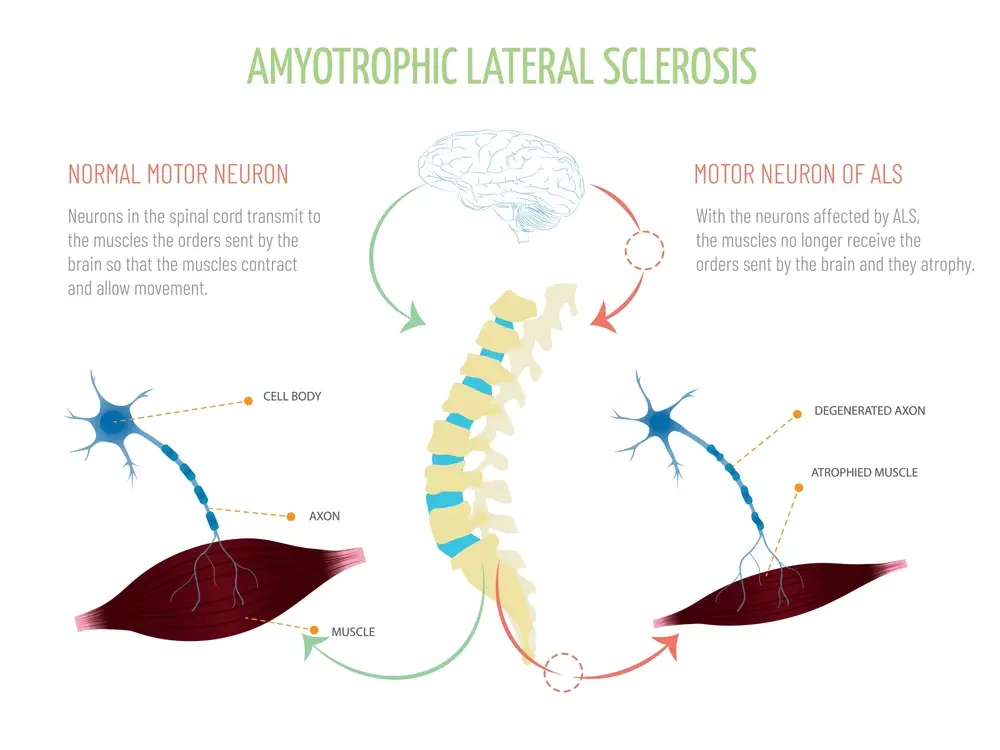
What does ALS do to the body?
ALS degrades the neurons in the human body that control movement. The disease gradually deteriorates the body’s physical abilities, causing muscle weakness and stiffness. Early signs could be slight twitching of muscles or an inability to move voluntarily. As motor neurons break down, these uncomfortable symptoms worsen until, eventually, even essential functions are lost.
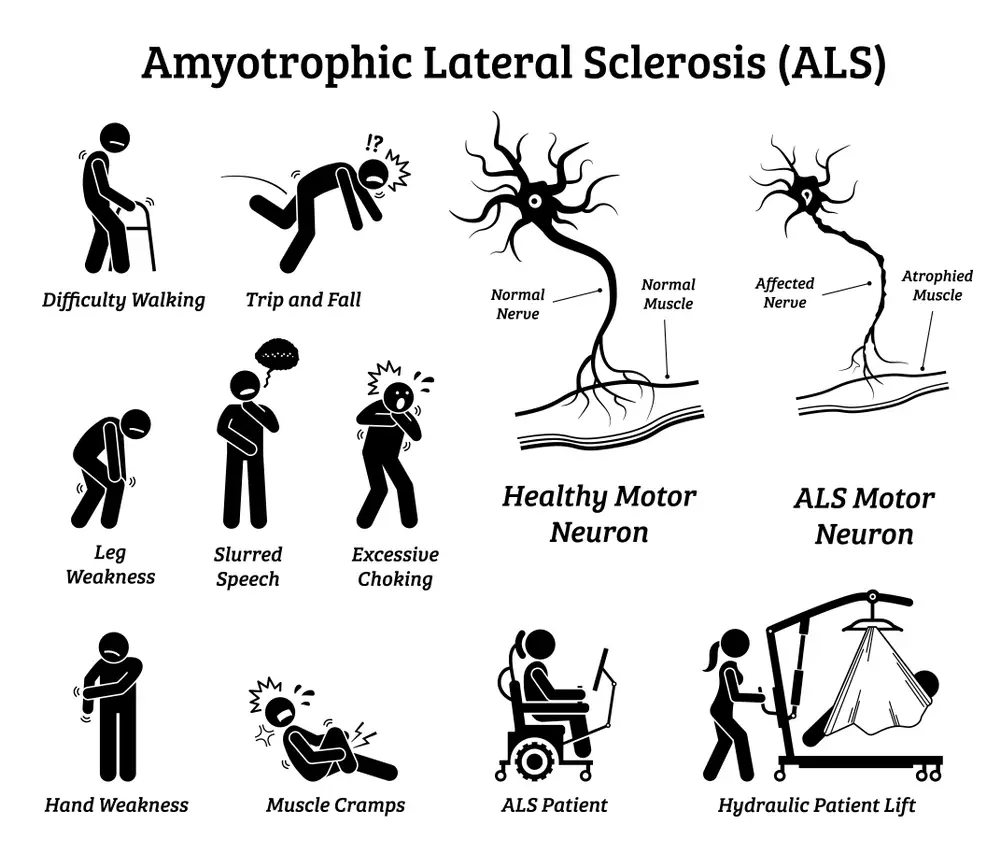
Common characteristics of ALS are the rapid progression of weakness and paralysis. The exact causes or pathogenesis of ALS are poorly understood, and while the pharmaceutical industry has made treatment options available, none of these treatments prevent disease progression and death.
Numerous studies have shown that marijuana may be beneficial for ALS patients in managing symptoms and increasing their quality of life. In this article, we will discuss the potential benefits of marijuana for treating ALS.
ALS is an Approved Medical Condition for a Medical Card in Illinois.
Marijuana Card approvals usually only take 15 minutes or so and can be done online through telemedicine. Find a marijuana doctor that is experienced in treating their patients with marijuana as their medicine.
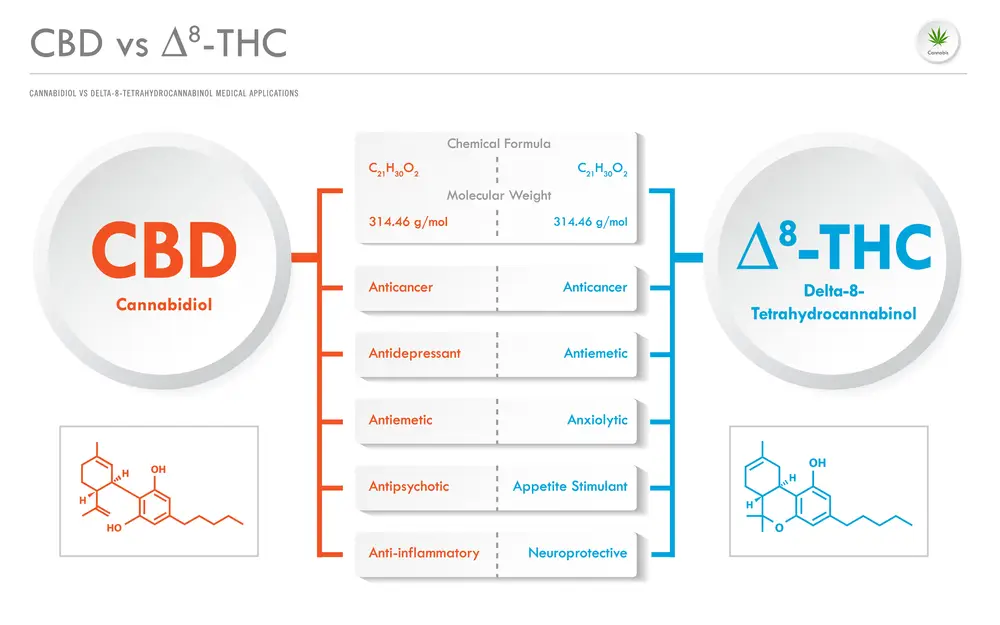
Marijuana research for ALS Patients
Research has found that marijuana may help reduce some ALS symptoms’ severity. One study found that cannabis can effectively reduce spasticity, a common symptom of ALS. Other studies have shown that marijuana can reduce pain, nausea, and fatigue and improve appetite and sleep quality. In one study, 84% of patients were satisfied “globally” with a combination of THC and CBD as their medicine. Based on other preliminary studies and scientific data, there is some evidence that cannabis can drastically slow the progression of ALS and also increase life expectancy.
Cannabis has properties that help the following symptoms of ALS:
- Analgesic (Pain Relieving)
- Muscle Relaxation
- Bronchodilation (Easier to breathe from lungs being relaxed and widened airways)
- Saliva Reduction
- Appetite Stimulation
- Sleep Induction
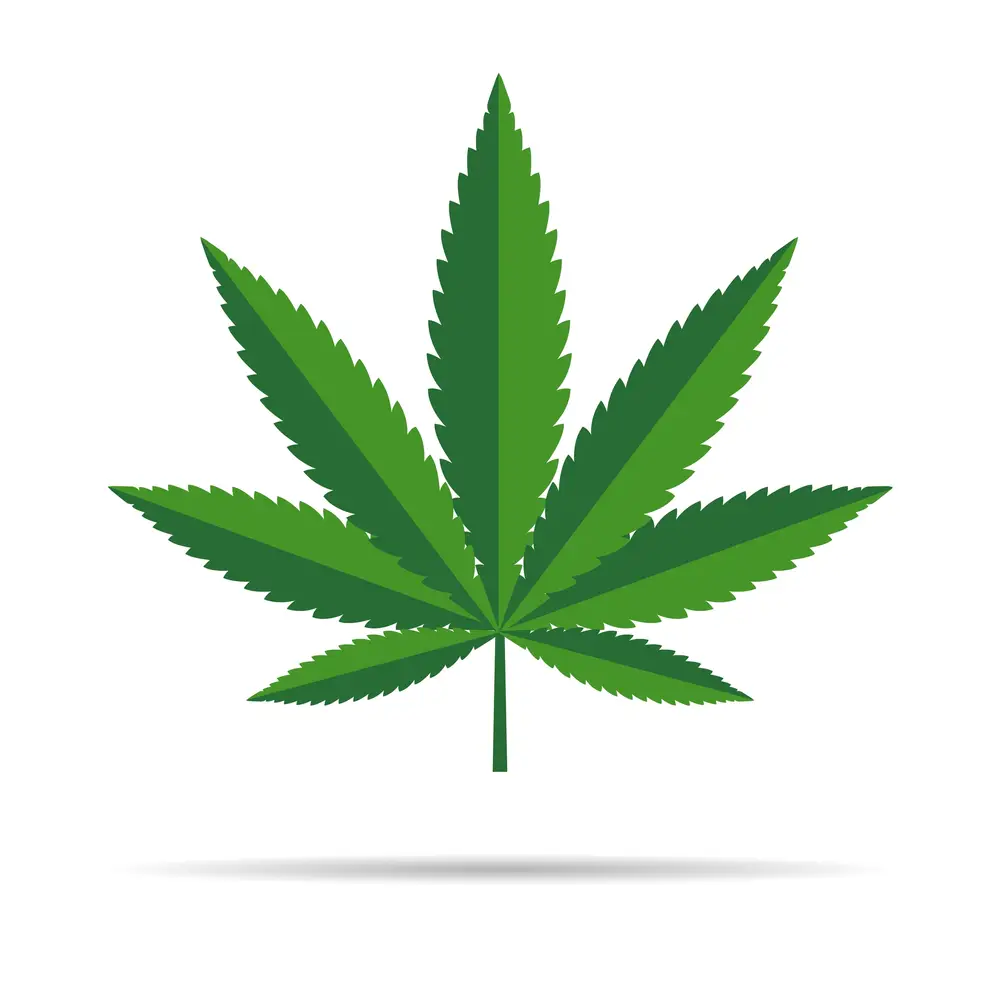
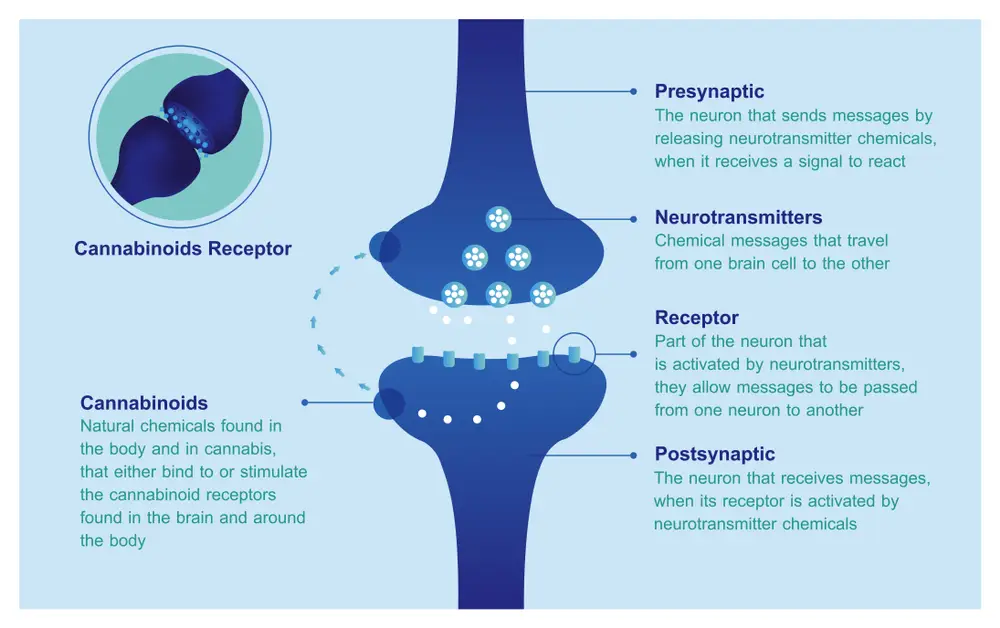
How does marijuana help ALS patients?
Cannabis has long been controversial, but recent studies suggest that compounds found in the plant may relieve those suffering from inflammatory and neurodegenerative diseases. THC and CBD are two cannabinoids believed to act as antioxidants by binding with CB1 or CB2 receptors within our endocannabinoid system, an intricate network responsible for controlling brain function, hormone secretion, and immune responses. This process is thought to aid individuals with neurological disorders such as ALS, potentially slowing down further nerve cell damage. Cannabinoids, compounds found in the cannabis plant, have proven to be powerful antioxidants with roles far beyond what we’ve ever imagined. In fact, they perform antioxidant functions independently from CB receptors.
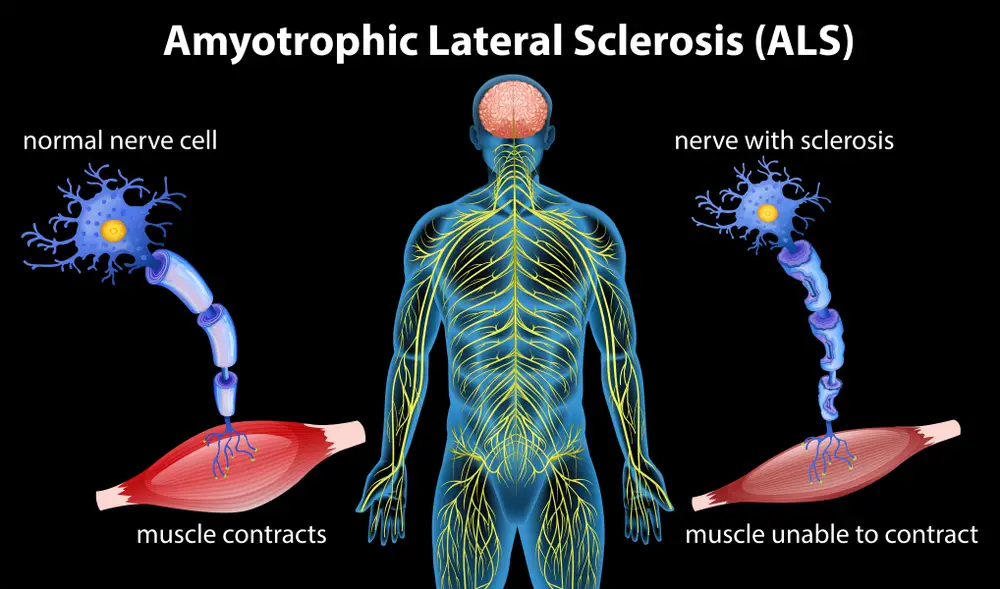
THC has become increasingly accepted for its therapeutic benefits, and ALS patients may be happy to know that recent research shows it can have a neuroprotective effect. The binding of THC molecules to the CB1 receptor stimulates an anti-glutamatergic action preventing excess glutamate from being released by nerve cells. Glutamate is a neurotransmitter that, in surplus amounts, can cause extreme excitotoxicity, leading to cell damage or even death. Cannabinoids help reduce inflammation through CB2 receptors and protect neuronal cells against induced neurotoxins thanks to their anti-inflammatory properties, as demonstrated by one study involving mice models suffering from Amyotrophic Lateral Sclerosis (ALS).
In addition to its physical benefits, marijuana may also have psychological benefits for those living with ALS. A recent study found that cannabis use was associated with improved moods and reduced anxiety in patients with ALS. Furthermore, the use of cannabis was linked to improved quality of life among those living with the condition.
It is important to note that THC, the psychoactive component in marijuana, may not be an ideal treatment option for those who are sensitive to its effects or prone to paranoia or anxiety. Additionally, it is essential to consult your doctor before using medical marijuana as a treatment option for ALS and discuss the potential risks and rewards.
Unfortunately, despite research efforts in the pharmaceutical industry, we still have a limited understanding of ALS and no available treatments to prevent or reverse its debilitating effects successfully. This causes immense difficulty for individuals living with this disease daily.
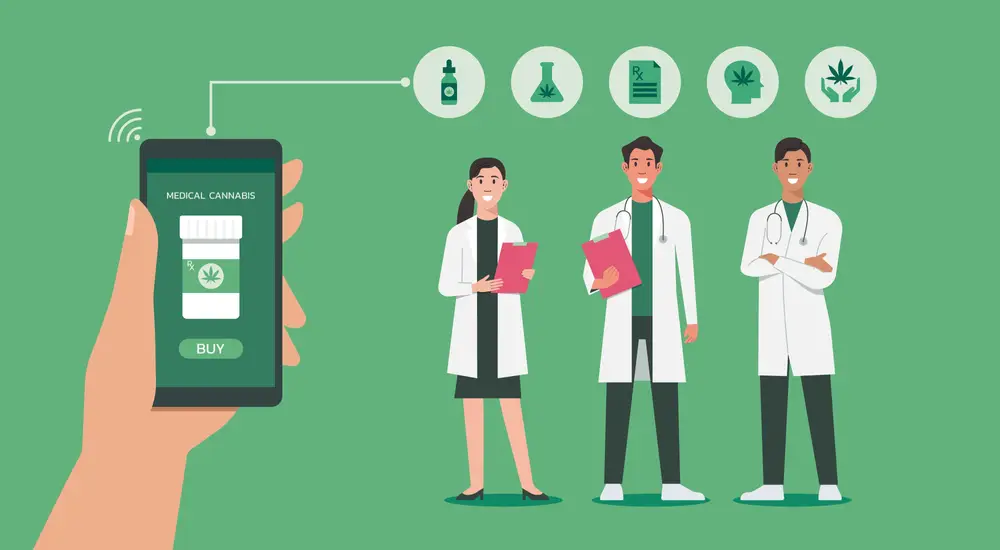
Marijuana has been shown to have numerous potential benefits for people living with Amyotrophic lateral sclerosis (ALS). From reducing spasticity and pain to improving moods and sleep quality, cannabis-based treatments may be an effective option for managing symptoms and increasing the quality of life in individuals with this chronic condition. However, speaking with your doctor before beginning any new treatments or medications related to this condition is essential. With proper guidance and care, cannabis-based treatments may relieve many difficult symptoms associated with ALS.
Legal & Medical Disclaimer
The information provided on this blog is for general informational and educational purposes only and is not intended as, nor should it be considered a substitute for, professional medical advice, diagnosis, or treatment. Always seek the advice of your physician or other qualified health provider with any questions you may have regarding a medical condition or treatment and before undertaking a new health care regimen. Never disregard professional medical advice or delay in seeking it because of something you have read on this website.
The content on this blog is provided “as is” and no representations are made that the content is error-free. The website takes no responsibility for errors or omissions in the content of this blog or other websites or resources that may be referenced or linked to herein. The website’s content is not intended to recommend or endorse any specific tests, physicians, procedures, opinions, or other information that may be mentioned on the site.
By using this blog, you agree to the foregoing terms and conditions, which may from time to time be changed or supplemented by this website. If you do not agree to the foregoing terms and conditions, you should not use this blog.
The information provided on this blog is for general informational and educational purposes only and is not intended as, nor should it be considered a substitute for, professional medical advice, diagnosis, or treatment. Always seek the advice of your physician or other qualified health provider with any questions you may have regarding a medical condition or treatment and before undertaking a new health care regimen. Never disregard professional medical advice or delay in seeking it because of something you have read on this website.
The content on this blog is provided “as is” and no representations are made that the content is error-free. The website takes no responsibility for errors or omissions in the content of this blog or other websites or resources that may be referenced or linked to herein. The website’s content is not intended to recommend or endorse any specific tests, physicians, procedures, opinions, or other information that may be mentioned on the site.
By using this blog, you agree to the foregoing terms and conditions, which may from time to time be changed or supplemented by this website. If you do not agree to the foregoing terms and conditions, you should not use this blog.


